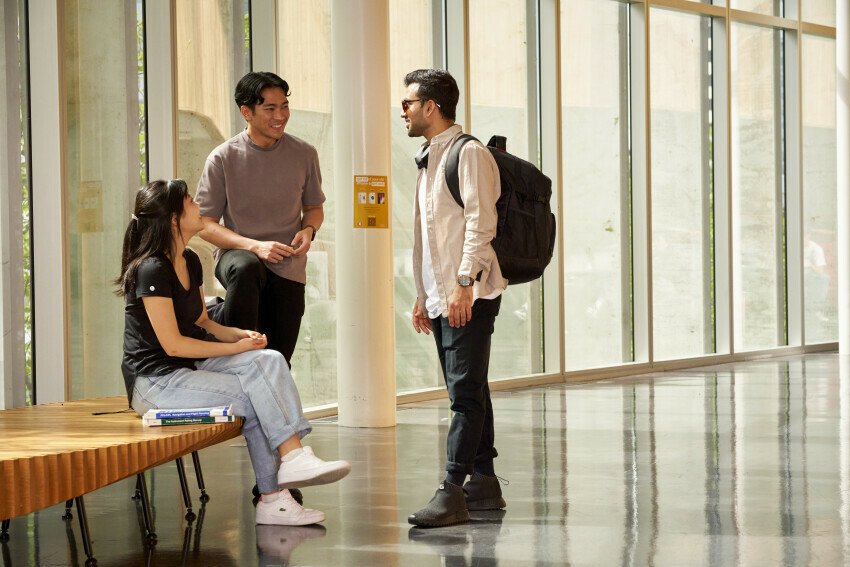Transitions from secondary school – Insights report, Ngā whakawhitinga mai i te kura tuarua – te pūrongo Māramatanga
Updated 03 Nov 2025
The transitions from secondary school report gives a rich understanding of how school leavers decide post-school pathways and what influences their decisions.

BackgroundHe whakamārama,
The transition from secondary school into tertiary education, training, the workforce or other pathways is the first major decision that young people make about the pathways they will travel.
Understanding post-school learner pathways and experiences is critical to providing better careers support.
Insights in this report use data from 60,000 students that leave school each year, charting what pathways they take next. This is supplemented by surveys from 500 school leavers and 56 in-depth interviews to understand the ‘why’ behind these pathways.
Key findingsNgā kitenga nui,
The findings cover the top careers that students are aspiring to:
- What skills, knowledge and confidence they need to make their decision.
- What barriers make the post-school transition most difficult.
- What helps them the most.
School leavers want to do something they enjoyE hiahia ana ngā kaiwehe kura ki ngā mahi e pai ana ki a rātou,
More than anything else school leavers want to do something they enjoy, but their career choices reflect a need to balance enjoyment with practical factors, such as pay and job demand.
School leavers often dream of creative careers, such as being a sportsperson, an actor or a musician. However, many are planning to pursue trades and community occupations, such as becoming a nurse, a builder or a teacher.
Why students change from dream career to something elseHe aha ngā ākonga i panoni ai i te aramahi nā rātou i wawata ki meā kē,
Factors that prompt students to change from a dream career to something else include:
- perceived barriers to entry
- job stability
- demand.
There are 5 key barriers that limit their opportunities, especially for students in under-served groups (Māori, Pacific, women, neurodivergent and disabled):
- The cost of study.
- Lack of connections with their desired pathway.
- Lack of capacity to engage with career decision making.
- The impacts of COVID-19 (during this research).
- Systemic biases.
Types of knowledge needed to make informed decisionsNgā momo mōhiotanga ka hiahiatia mō te whakatau i runga i te mōhio,
There are 4 types of knowledge needed by students to make an informed post-school decision:
- Orienting (what a student values, their guiding direction).
- Focused (what pathways might suit them).
- Deep (what those options are really like).
- Logistical (practical steps to make it happen).
Decision-making skills are keyHe mea waiwai ngā pūkenga whakatau,
School leavers need to be equipped with decision-making skills for complex decisions. Even with a full set of information, school leavers can only use it effectively when they also have good decision-making skills. It’s also usually the first complex decision they make in their lives.
Career advisers can support these decisions, but 47% of school leavers have no exposure to career advice.
First-hand experience helps make decisionsKa āwhina ngā wheako whaiaro i tā te tangata whakatau,
First-hand experiences are important in helping students make decisions. They include:
- meeting role models
- work-based experiences
- study-based experiences
- other career expos and open days.
First-hand experiences show students what a pathway is like and help to build confidence in themselves and their decision.
Lack of confidence is a barrierHe tauārai te kore māia,
Confidence is a common barrier to school leavers doing what they want to do, affecting almost half of all school leavers. ‘Champions’ who provide guidance, support and personalised information are instrumental in normalising feelings of uncertainty and enabling students to take a next step.